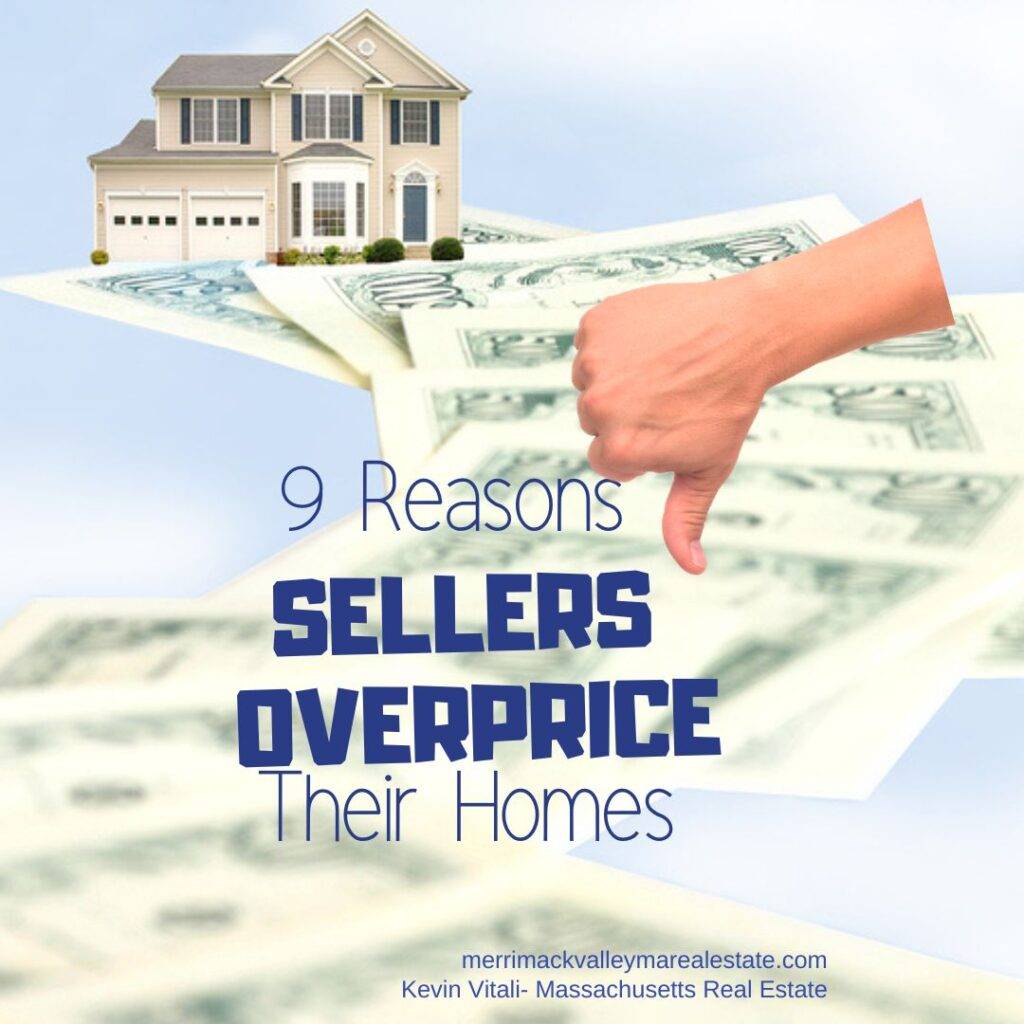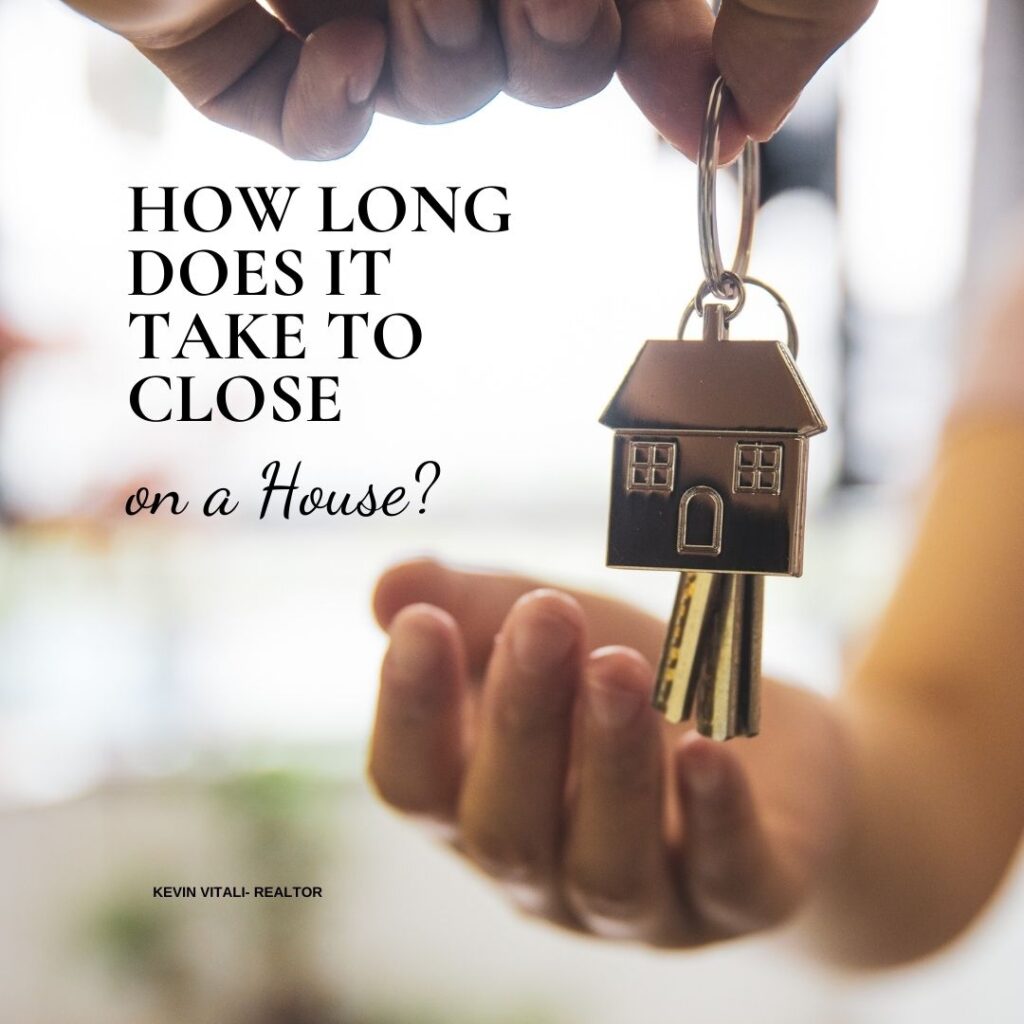 Once you list your home, the most essential marketing tool you have is your listing.
Once you list your home, the most essential marketing tool you have is your listing.
Your listing is your public-facing information.
It includes photographs, descriptions, and basic statistics of your home. Your home listing data will be the same across the board, whether it is a real estate agent’s website, Zillow, Realtor.com, or any other real estate portal found on the internet.
But there are things you should never say or do in your real estate listing of your home. Your real estate listing should be compelling and inviting and make your target buyers want to see your house.
Where Does Your Real Estate Listing Information Come From?
First, let’s look at where your home’s stats and images come from and then look at how it gets to the other public real estate portals out there.
When selling your house, photographs and information are going to come from several sources.
- The seller. You, the seller are going to provide basic information on your home as you know it. Basic stats, what you learn about the home’s maintenance, renovations, etc…
- Public information. Some information like tax assessment, zoning, lot size, plot plan, easement data and so on…. will be gathered from various town and county sites.
- Your listing agent. Your Massachusetts REALTOR will verify and assess what information is correct and what should be used in your home’s listing. They will also provide real estate photography, another image of your home. Often, they are relying on you for accurate information. They will also provide services like a real estate photographer to help complete your listing.
From there, Your Listing Is Uploaded
Once all the data is compiled, descriptions are written, and all the data, along with your home’s professional real estate photography, is uploaded into your agent’s local Multiple Listing Service. The multiple listing service is a mechanism to which almost every real estate agent belongs and allows them to share inventory from an extensive database on a local level.
When your home listing data is uploaded to the MLS, thousands of public-facing real estate portals take the information and package it to fit the format of their site, using some or all of the information provided.
Your Real Estate Listing Is Your Most Important Marketing Effort
When you list your home, there is nothing more important than how your listing presents itself online or what I call web appeal.
Over 85% of the buyers interested in your home will have their first exposure to your home from the real estate listing as it is presented online. If you don’t capture their attention online, you lose them for good.
If your listing doesn’t present well or is wrong, you may find a long road ahead. It is important your data and listing are complete and accurate from the get-go. New listings are exciting and can gain a lot of attention. As a home sits on the market, they lose their “new” polish and shine
Marketing your property aims to interest the broadest range of buyers who would truly consider your home.
What Things Should You Never Say Or Do When Marketing Your Home Online?
Ultimately, it is your responsibility to hire the right agent to provide you with the information and services to get y our home sold. Verify the information they are providing. As the home seller, if you don’t feel something is right discuss it with your REALTOR.
#1 Use Bad Real Estate Photography
Past the price of your home, the bedroom count, and the bathroom count, nothing is more important than your home’s photographs. Based on a recent study. The average home buyer spends 93 seconds looking at a listing. 60% of that is spent looking at the pictures alone. With almost 25% of that time looking at the front photo alone!
It is now common practice for many agents to use a professional real estate photographer. If your photos are blurry, poorly lit, crooked, etc., you will lose buyers’ interest before they truly get a good look at your home.
The photos below are the same listing. The verticals were taken for a prior listing that expired. The second was taken by me after repackaging the listing: almost the exact same shots, different quality.

#2 Selling As-Is
For most sellers, advertising your home for sale as-is, will be a big mistake. Yes, there is a time and place to sell your house as-is. But for the average home in livable shape, you create a perception for the buyers. It’s a bad perception.
Advertising your home as-is creates two red flags in a home buyer’s mind.
First and foremost it leaves the buying public thinking there is something wrong with your house. As-is is usually a term that home buyers connect with houses in such dire repair a bank will not finance them and are reserved for cash deals. By advertising your house as as-is, you are saying bottom feeders, come buy my home. Typically, these are the buyers who are looking to steal a home and not pay fair market value. The buyers that pay the most are the end-user who wants to live in the home.
It also screams to the buyer, I am inflexible, it is my way or the highway.
You will turn away buyers by using the term sold as-is in your real estate listing that could be potentially good buyers for your home.
#3 Asking Price is Firm
By announcing your asking price is firm, again, you are telling potential buyers you are completely inflexible. Yes I get it, you don’t want to play games and haggle.
But announcing it up front turns away many buyers. You want buyers submitting offers. It’s a starting point for negotiations. You also want to entice buyers to view your home first.
I can’t tell you how often I have negotiated a lowball offer into an offer a home seller finds acceptable. Not every offer may work, but at least it is an opportunity.
Remember, home buying is emotional. You often need a home buyer to fall in love with your house first. Let them fall in love with your house first. Before an actual visit to your home, a home buyer will be more likely to approach your home transactionally and with no or little emotion.
If you are firm on your listing price, tell them after they submit an offer, thank you for your offer but we are looking for full price. They are emotionally involved at that point.
Recent Scenario
I just closed on a home in Haverhill MA, that I had listed for sale. This home had much to offer, but I really required an actual visit to appreciate its features. Almost every buyer that came through commented on Wow, “I didn’t realize the potential of this home”. Many also commented that they thought it was too expensive when they saw the listing online, but after a personal visit, they understand the price now.
We sold the house for over asking. But if the listing stated, “I am inflexible and will be hard to deal with,” some of those buyers would not have shown up. As a matter of fac, the buyers were so enamored with the house, they stretched their budget to get it.
#4 Home Buyers Must Be Pre-Approved
I have been in the business for a long time. And, yes, many buyers are pre-approved when they call me.
But others are not. The minute they call, I and many other agents get them started on the pre-approval process immediately.
All it takes sometimes is that one house for a casual buyer to get excited and run out and get pre-approved immediately and, in turn, become a serious buyer. Assisting every buyer who comes through the door in providing evidence they are pre-approved could turn some of the best buyers away.
Otherwise, the perfect buyer for your home could be sitting there, loving your house online, but thinking oh this house will be gone before I can get pre-approved.
Insist on a pre-approval before negotiating an offer, not when it hits the internet.
#5 Over Exaggerating The Description Of Your Home
Your home is what it is. A buyer will quickly know that you exaggerated the description as soon as they walk through the door. Don’t try to make your house into something it isn’t.
And, I will say it again you want to market your home to the right buyers.
For example:
A home with a 17-year-old kitchen is not a home with a recent kitchen remodel. For many kitchens, styling trends can make a remodel outdated after 10 years.
A home needing a new roof, new furnace, or window upgrades is not a home in pristine condition, leaving nothing to be done.
Focus on the actual features and benefits of your home and don’t make your home something it is not in your real estate listing. A home inspector during the inspection, will point out your home’s deficiencies; you can’t hide the condition of your home.
#6 Counting Rooms As Bedrooms That Are Not True Bedrooms
This is a biggy. Don’t state that a room is a bedroom unless it is truly a legal bedroom.
What makes a bedroom legal? A bedroom must have certain egresses, be heated and have sewer/septic capacity.
The biggest problem is the basement bedrooms. They don’t have safe egresses in case of a fire. Many buyers will not count a basement bedroom as a bedroom, primarily because it does not meet fire codes and it can create a liability issue for you and your agent.
Many buyers have specific minimum bedroom requirements. They will also have certain expectations like a closet, where it is located in the home, etc…. Nothing is a more significant turn-off to a buyer than finding out your 4-bedroom home is actually a 3-bedroom home.

#7 Falsely Stating The Square Footage Of Your Home
Calculating your home’s square footage or living area is pretty cut and dry. The standard is set by FannieMae and what appraisers are and are not allowed to use when appraising a home.
Simply put, it’s the outside foundation dimension of any above-grade area that is heated. A home’s living area should never include any unheated areas like 3 season rooms, breezeways, or unheated attic rooms. Nor should it include any below-grade living areas in a basement.
It is certainly alright to identify and show the benefit of these areas but do not include it in the square footage.
It is frustrating for a buyer to see a house listed as 2400 square feet and then get there to find out half of it is a basement remodel.
#8 Making Subjective Statements
Be very careful about making subjective statements about your house that a buyer can not assess at the time of a showing. Two words that pop into mind on homes I see all the time are “safe” and “quiet.”
Both are very subjective to the individual, but more importantly, can lead to liability issues. If a buyer should buy based on your assessment of “safe” or “quiet” but finds it not so after they move in, it can lead to a lawsuit.
#9 Repeating The Obvious In Your Homes Description
Just about every front-facing real estate listing’s first view of a home is a picture of the front of the home, along with the price, bedroom count, bathroom count and size of the home.
Do not repeat the obvious in the real estate description in your listing. The buyers are already aware. The description is meant to highlight features of your home that are not obvious elsehwer in the description. Why is your large lot unique? One of the bedrooms is an incredible master suite, or your kitchen is remodeled with the most current styling.
Restating the already obvious is a big mistake in your real estate listing. You have limited space to tell the story of your home; don’t waste it, write a bestseller!
#10 Violate Fair Housing Laws
Every state will have a different set of Fair Housing Laws. Fair Housing laws prevent you from discriminating against a class of people.
One phrase you see occasionally pop up in a real estate listing is “family neighborhood.” In Massachusetts, this can be construed to violate two protected classes of people. Age and marital status are both protected classes of people, in which that statement could be construed as being exclusionary.
Also, in Massachusetts, handicapped people are a protected class. You could be found violating fair housing laws to say your home is in “walking distance” of….. You are now excluding handicapped (who can’t walk) people from buying your home.
Violating Fair Housing Laws carries some steep fines and can open you up to lawsuits.
A good rule of thumb is not to talk about people. Talk about the property. Always double-check to ensure you aren’t excluding a protected class with your language or trying or trying to steer a protected class to your property.
#10 Seller Is Motivated
You may be a motivated seller and that is all right.
But by stating you are motivated you are opening the door to every obnoxious offer by announcing it to the world. The buyer’s perception will be you are desperate, and they will try and take advantage of the situation.
You can be motivated and price your home to sell and accomplish the same thing without announcing to the world take advantage of me!
Let’s look at it two ways.
You state in your listing that the “seller is highly motivated.” You are attracting a specific type of buyer. The buyer will only buy if they get an incredible deal. You may scare away the good buyers for their home, leaving them wondering why the seller wants out so badly.
On the other hand, you can list your home at market value or slightly under market value. Buyers are not dumb, they know what a house is worth. By doing this, you will get the largest pool of buyers viewing your home. Showing leads to offers.
Remember These Final Thoughts
- Real Estate Photography is THE first exposure your buyers have to your home. Make sure it captures their attention and want to look into your home.
- Don’t turn buyers away before ever coming through the door with lots of no’s or negatives. Let them go and fall in love with your house. Showings = Offers.
- Don’t make your home into something it isn’t. Focus on the features and benefits of your home. A home must stand on its merit at a given price to sell.
The good news is an experienced listing agent can help you with all of this. Providing real estate photography, floor plans, compiling and verifying data, and presenting your home in its best light.
Home Marketing Resources:
- Bill Gassett- All About Earnest Money Deposits
- Paul Sian- Expert Marketing Strategies
- Jeff Nelson- Leveraging Marketing To Sell Your Home
- Danny Margagliano- Increase Curb Appeal To Increase Marketability
This article, Things You Should Never Say or Do In Your Real Estate Listing, was provided by:

Author Bio
Kevin Vitali is a Massachusetts REALTOR out of Haverhill MA that serves Essex County and Northern Middlesex County in Massachusetts. If you want to buy or sell a home, let me use my years of experience to get you the best possible outcome.
Feel free to contact me to discuss any upcoming moves. I am always happy to answer your questions
Call 978-360-0422 Email kevin@kevinvitali.com




